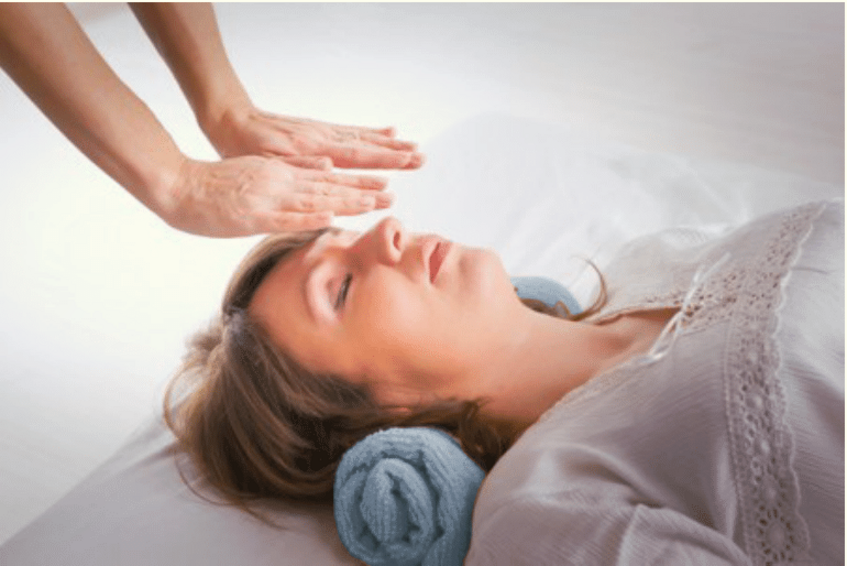Imagining Energy: The Practice of Energy Healing between Sense-Experience and Sense-Making

Energy healing is rooted in the idea that personal well-being and spiritual development essentially depend on the undisrupted flow of "subtle energies." Practitioners conceive of the human energy system as an invisible structure of channels, centres, and layers. Imbalance and blockades within that system supposedly lead to physical or mental disorders. Energy healing practitioners apply techniques that are held to restore harmony between body, soul, and mind through the optimal balancing of the vital energies. As of October 2018, already more than 18,300 commercially active energy healers are registered in Austria. By comparison, there are only about 13,800 primary care physicians on the federal level. The cultivation of vital energies also plays an important role in certain forms of Transpersonal Psychology, which aims to enable and integrate transcendental experiences. Despite the outstanding significance of energy-based practices within the intersection of health market and contemporary religious culture, empirical research on this highly diversified subject area has been scarce.
One focus of the project is to identify the key concepts and ritual elements of energy healing techniques by examining five case studies in the greater Vienna metropolitan area. In this context, the project highlights themes such as vital agencies (prāṇa / qì) and subtle anatomies (cakras, nadi / dāntián, jīngluò), as well as settings and procedures of healing rituals at the backdrop of their historical links and influences (keywords: reception history of mesmerism, theosophical Orientalism, psychologisation of religion, Traditional Chinese Medicine, holistic milieu). Furthermore, traditionalistic approaches of energy healing are examined in their relation to scientistic strategies, that is, discourses that emphasise positive and negative references to "secularised" or "disenchanted" science, bio-medicine, and psychotherapy (keywords: boundary-work, energy concepts, vitalism, quantum healing). Thus, departing from the dichotomy of "ordinary" vs. "esoteric" as common identity markers for complementary or holistic healing practices, a theoretical framework will be developed that captures the dynamics of the field more accurately. Another research question is directed at the employment of imagination in the conceptual, performative, and aesthetic aspects of energy healing. Finally, measures for quality assurance and professionalisation are investigated. This includes the emergence and structures of institutions that offer training courses in energy healing. Hence, a deeper understanding of the market-oriented strategies in the field is expected to be gained.
The second focus of the project lies on energy concepts in Transpersonal Psychology and body-centred psychotherapy with particular attention on the discourse surrounding kuṇḍalinī-energy. This area is likewise investigated regarding characteristic vital agency conceptions, historical nexuses, boundary-work, sensory experience, and imagination.
In addition to a comprehensive literature review, qualitative interviews are conducted with leading providers of services that promise to harmonise vital energies. Moreover, the concrete steps of the healing rituals or therapeutic sessions, as well as aesthetic features of the treatment rooms are documented in the course of participant observations. The results of the case studies are discussed through a comparative analysis and, on this basis, new approaches are developed for a systematic classification of energy-based practices.
